Intro
Discover Pregnancy Week 5 symptoms, including morning sickness, fatigue, and mood swings, as your embryo implants, and hormonal changes occur, affecting your body and fetus development during this critical early pregnancy stage.
At five weeks pregnant, many women are just beginning to suspect that they might be expecting, and some may have already confirmed their pregnancy through a home pregnancy test or a visit to their healthcare provider. This period is crucial as it marks the beginning of significant fetal development and hormonal changes in the mother's body. Understanding the symptoms and changes that occur during the fifth week of pregnancy can help expectant mothers navigate this exciting and sometimes challenging time.
As the embryo implants itself into the uterine lining, hormonal fluctuations become more pronounced, leading to a variety of physical and emotional symptoms. Some women may experience mild symptoms, while others might find them more pronounced. It's essential to remember that every pregnancy is unique, and not everyone will experience all of the possible symptoms. However, being aware of what to expect can help manage any discomfort and provide reassurance.
The early stages of pregnancy are a time of rapid growth for the fetus, with major organs and body systems beginning to form. Although the fetus is still tiny, measuring about 5-6 millimeters in length, its development is progressing at a remarkable pace. Mothers-to-be might start noticing changes in their body and emotional state as their pregnancy advances. Recognizing these changes can foster a deeper connection with the growing fetus and encourage a healthier pregnancy journey.
Pregnancy Week 5 Symptoms Overview
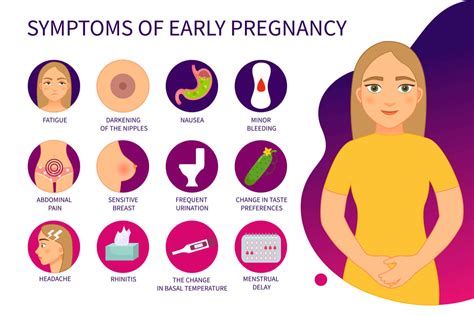
During the fifth week, common symptoms include breast tenderness, fatigue, and mood swings, all of which are attributed to the surge in hormone levels. Some women might experience mild cramping and spotting due to implantation, which can be alarming but is usually a normal part of the process. Increased urination is another symptom, resulting from the growing uterus pressing on the bladder. While these symptoms can be uncomfortable, they are generally signs that the pregnancy is progressing as expected.
Physical Changes and Symptoms
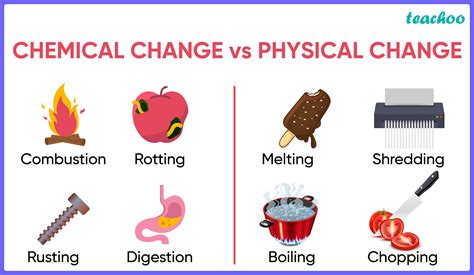
Physical changes during the fifth week of pregnancy can vary from woman to woman but often include:
- Breast Changes: Hormonal fluctuations can cause breast tenderness, swelling, and darkening of the nipples.
- Fatigue: Feeling unusually tired is common due to the increased levels of progesterone.
- Mood Swings: Emotional changes can lead to feelings of irritability, anxiety, or sadness.
- Bloating and Cramping: Mild cramping and bloating are possible as the embryo implants and the uterus expands.
- Increased Urination: The growing uterus can press on the bladder, leading to more frequent trips to the bathroom.
Emotional and Psychological Changes
Emotional and psychological changes are just as significant as physical symptoms during the fifth week of pregnancy. Women may experience: - **Emotional Shifts:** Mood swings can be intense, ranging from happiness and excitement to sadness and anxiety. - **Food Aversions or Cravings:** Some women develop strong preferences or dislikes for certain foods. - **Increased Sense of Smell:** Many women report a heightened sense of smell, which can sometimes exacerbate nausea.Fetal Development at Week 5
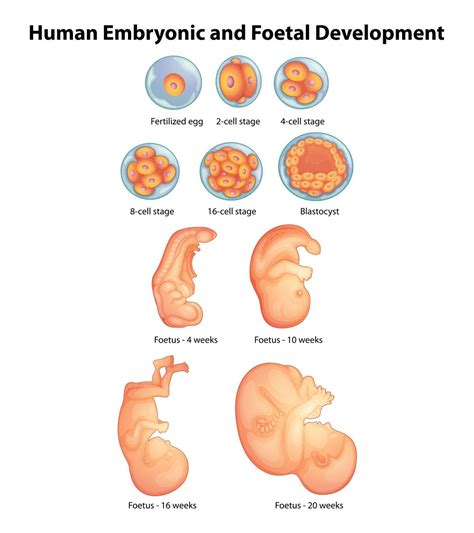
By the fifth week, the fetus's major organs and body systems have begun to develop, although they are still in the early stages. The heart starts to divide into chambers, and the neural tube, which will eventually become the brain and spinal cord, begins to form. The fetus's limbs, eyes, and ears are also starting to develop, setting the stage for the rapid growth that will occur in the coming weeks.
Nutrition and Health During Week 5

Maintaining a balanced diet rich in essential nutrients is crucial during the fifth week of pregnancy. Key nutrients include:
- Folic Acid: Crucial for preventing neural tube defects.
- Iron: Important for the production of red blood cells.
- Calcium: Essential for fetal bone development.
- Protein: Necessary for the growth and development of the fetus.
Tips for a Healthy Pregnancy
To support a healthy pregnancy, consider the following tips: - **Stay Hydrated:** Drink plenty of water to help your body adjust to the changes. - **Rest When Needed:** Fatigue is common, so listen to your body and rest. - **Eat a Balanced Diet:** Focus on whole, nutrient-rich foods. - **Avoid Harmful Substances:** Refrain from alcohol, tobacco, and illicit drugs.What to Expect at Your First Prenatal Visit
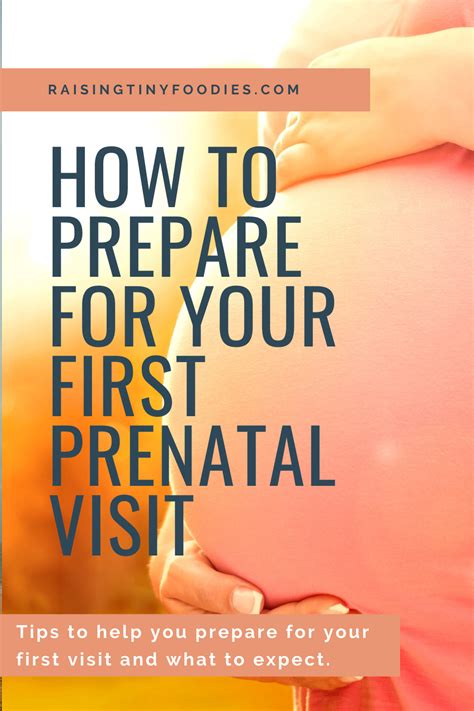
The first prenatal visit, usually scheduled around the 6th to 8th week of pregnancy, is an opportunity for your healthcare provider to confirm your pregnancy, discuss your health history, and outline the pregnancy journey ahead. This visit may include:
- Confirmation of Pregnancy: Through a physical exam, ultrasound, or blood test.
- Discussion of Health History: To identify any potential risks or complications.
- Scheduling of Future Appointments: To monitor the progression of your pregnancy.
Managing Symptoms and Discomfort
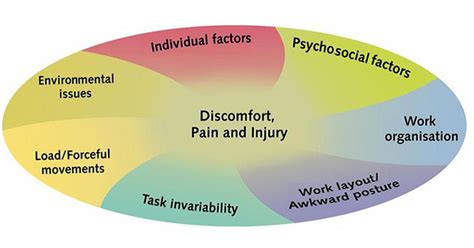
While some discomfort is inevitable, there are ways to manage symptoms:
- Stay Active: Gentle exercises can help reduce fatigue and improve mood.
- Practice Relaxation Techniques: Methods like deep breathing, meditation, or yoga can help manage stress and mood swings.
- Get Enough Sleep: Aim for 7-9 hours of sleep per night to combat fatigue.
Pregnancy and Emotional Well-being
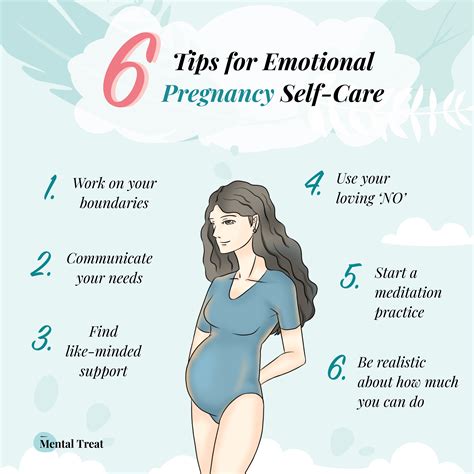
Pregnancy can be an emotionally challenging time, with hormonal changes and the anticipation of motherhood contributing to feelings of anxiety or overwhelm. It's essential to prioritize emotional well-being:
- Seek Support: Talk to your partner, family, friends, or a healthcare provider about your feelings.
- Engage in Activities You Enjoy: Whether it's reading, walking, or hobbies, make time for things that bring you joy and relaxation.
Preparing for Motherhood

As your pregnancy progresses, preparing for the arrival of your baby can be both exciting and daunting. Consider:
- Prenatal Classes: Educational classes can help you and your partner feel more prepared for parenthood.
- Setting Up the Nursery: Creating a safe and welcoming space for your baby.
- Building a Support Network: Surround yourself with people who can offer emotional support and help.
Conclusion and Next Steps

As you navigate the fifth week of your pregnancy, remember that every woman's experience is unique, and it's okay to take things one step at a time. By understanding the symptoms, fetal development, and ways to manage discomfort, you can better prepare yourself for the journey ahead. Stay informed, prioritize your health, and don't hesitate to reach out to your healthcare provider with any questions or concerns.
What are the most common symptoms during the fifth week of pregnancy?
+The most common symptoms include breast tenderness, fatigue, mood swings, mild cramping, and increased urination.
How big is the fetus at five weeks pregnant?
+The fetus is approximately 5-6 millimeters in length at five weeks pregnant.
What nutrients are essential during the fifth week of pregnancy?
+Folic acid, iron, calcium, and protein are crucial for fetal development and maternal health.
When should I schedule my first prenatal visit?
+The first prenatal visit is usually scheduled between the 6th to 8th week of pregnancy.
How can I manage symptoms and discomfort during the fifth week?
+Staying active, practicing relaxation techniques, getting enough sleep, and eating a balanced diet can help manage symptoms.
We hope this comprehensive guide to the fifth week of pregnancy has been informative and helpful. If you have any further questions or would like to share your experiences, please don't hesitate to comment below. Sharing your story can provide valuable insights and support to others who are going through similar journeys. Remember, every pregnancy is unique, and by staying informed and connected, we can navigate this incredible journey with confidence and joy.
